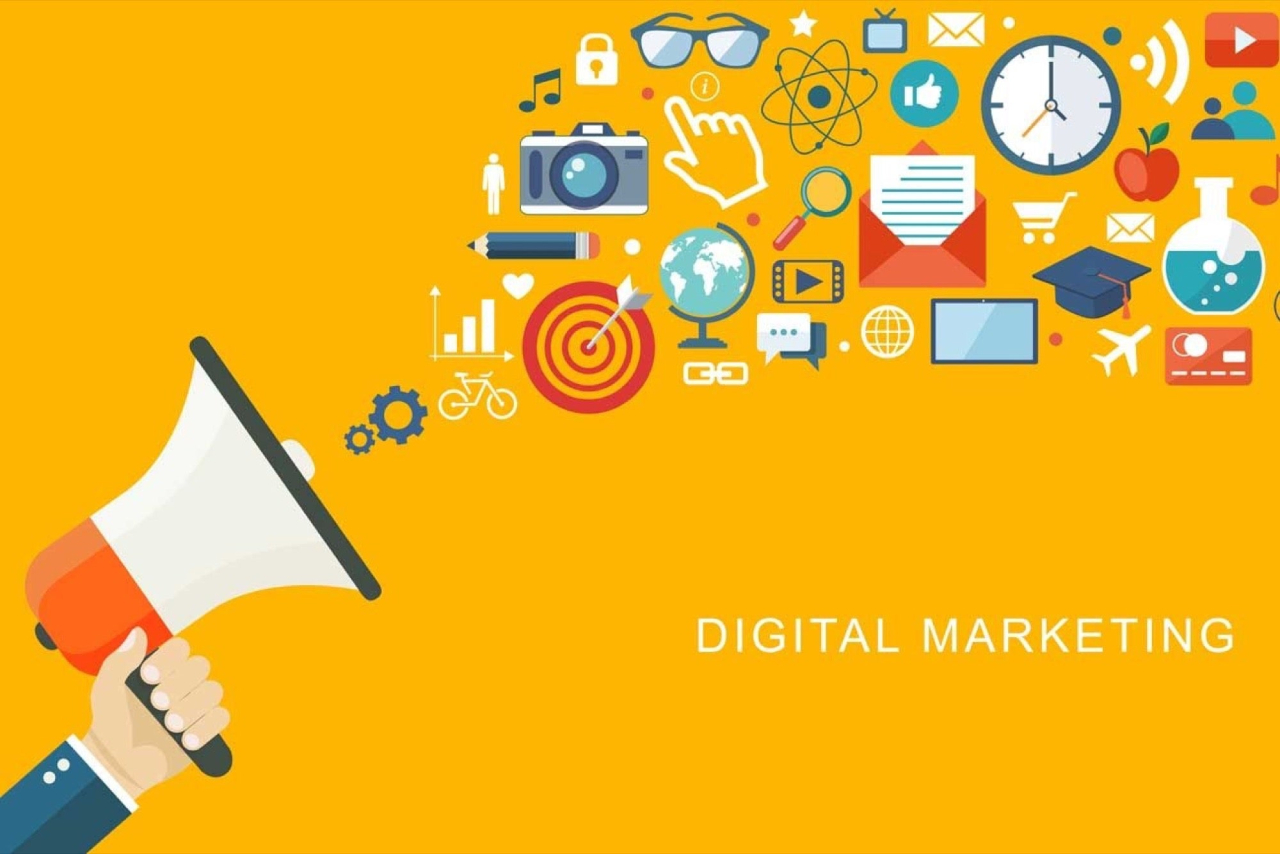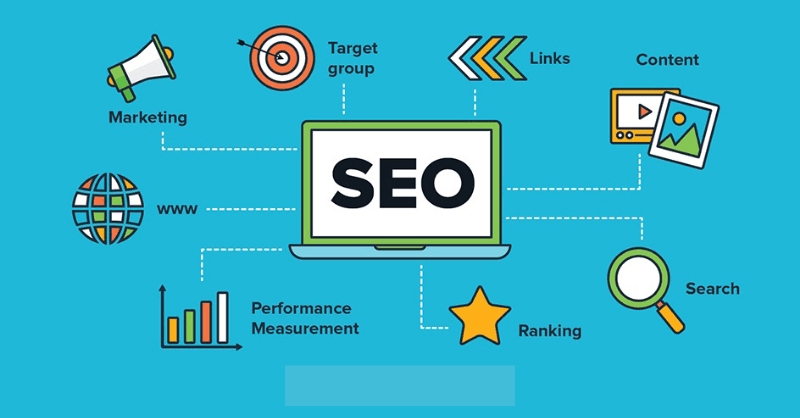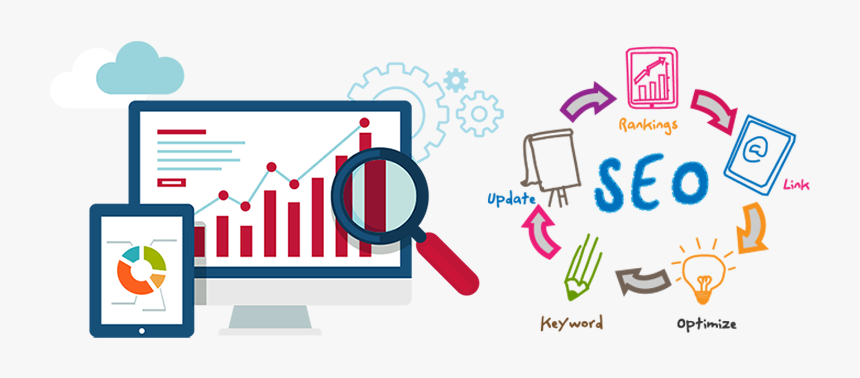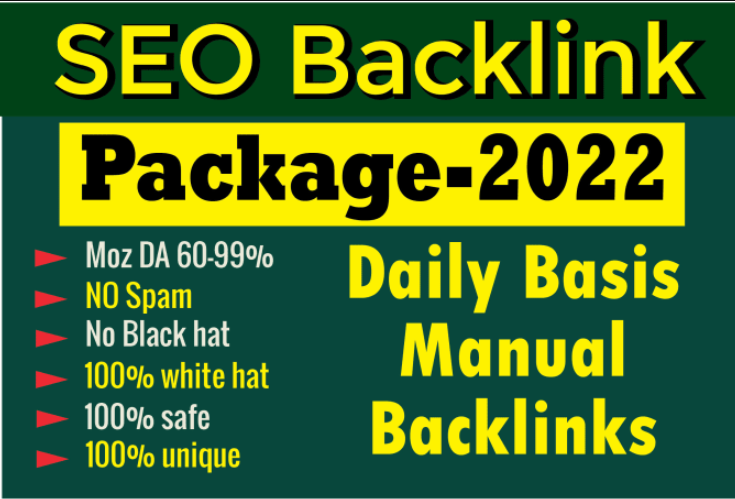Digital marketing has become an integral part of modern business strategies, allowing companies to reach their target audience more effectively and drive business growth. In this article, we will explore the concept of digital marketing, delve into its history, and discuss some popular strategies used in this field.
Introduction
In today’s digital age, the internet has revolutionized the way businesses operate and interact with their customers. Digital marketing encompasses all the online marketing efforts undertaken by businesses to promote their products or services, engage with their target audience, and generate leads and sales.
What is Digital Marketing?
Digital marketing refers to the use of various digital channels and tactics to connect with customers and promote products or services. It involves leveraging the power of the internet and digital technologies to reach potential customers and build a strong online presence.
History of Digital Marketing
The history of digital marketing can be traced back to the 1990s when the internet started gaining popularity. During this time, businesses recognized the potential of online advertising and began experimenting with banner ads and email marketing. However, digital marketing was still in its infancy, with limited tools and strategies available.
Evolution of Digital Marketing Strategies
Over the years, digital marketing strategies have evolved significantly to keep up with changing consumer behaviors and advancements in technology. Let’s explore some of the most popular strategies used in digital marketing today:
Search Engine Optimization (SEO)
SEO plays a crucial role in improving a website’s visibility and ranking on search engine result pages. It involves optimizing various elements of a website to ensure it appears higher in organic search results, driving organic traffic and increasing brand visibility.
Pay-Per-Click Advertising (PPC)
PPC advertising allows businesses to display ads on search engines and other online platforms and pay only when a user clicks on their ad. This strategy provides immediate visibility and can be highly targeted, helping businesses reach their ideal customers effectively.
Social Media Marketing
Social media platforms have become powerful marketing channels, enabling businesses to connect with their audience, build brand awareness, and drive engagement. Social media marketing involves creating and sharing content, running targeted ads, and fostering customer relationships on platforms like Facebook, Instagram, Twitter, and LinkedIn.
Content Marketing
Content marketing focuses on creating and distributing valuable and relevant content to attract and engage a target audience. By providing informative and entertaining content, businesses can build trust, establish thought leadership, and ultimately drive conversions.
Email Marketing
Email marketing remains a highly effective strategy for nurturing leads and maintaining customer relationships. It involves sending targeted emails to subscribers, providing them with personalized content, promotions, and updates, resulting in increased brand loyalty and repeat business.
Influencer Marketing
Influencer marketing leverages the reach and influence of popular social media personalities or industry experts to promote products or services. By collaborating with influencers who have a dedicated following, businesses can tap into their audience and drive brand awareness and conversions.
Affiliate Marketing
Affiliate marketing is a performance-based strategy where businesses reward affiliates for each customer or sale they bring through their marketing efforts. It is a cost-effective way to expand reach and leverage the influence of affiliates to drive sales.
Video Marketing
Video marketing involves creating and sharing engaging videos to convey messages, demonstrate products, or tell brand stories. With the popularity of platforms like YouTube and the rise of video consumption, businesses can effectively engage their audience and deliver compelling content through videos.
Mobile Marketing
With the increasing use of smartphones, mobile marketing has become essential for businesses to reach their audience on-the-go. It includes strategies like mobile-optimized websites, mobile apps, SMS marketing, and location-based targeting.
Data-Driven Marketing
Data-driven marketing relies on the analysis of consumer data to make informed marketing decisions. By understanding customer behaviors, preferences, and purchasing patterns, businesses can personalize their marketing campaigns and improve overall effectiveness.
Conclusion
Digital marketing has witnessed remarkable growth and continues to shape the way businesses connect with their audience. With its history rooted in the early days of the internet, digital marketing has evolved into a multifaceted discipline, encompassing various strategies to achieve marketing goals effectively. By leveraging the power of digital channels and employing the right strategies, businesses can position themselves for success in the digital realm.





